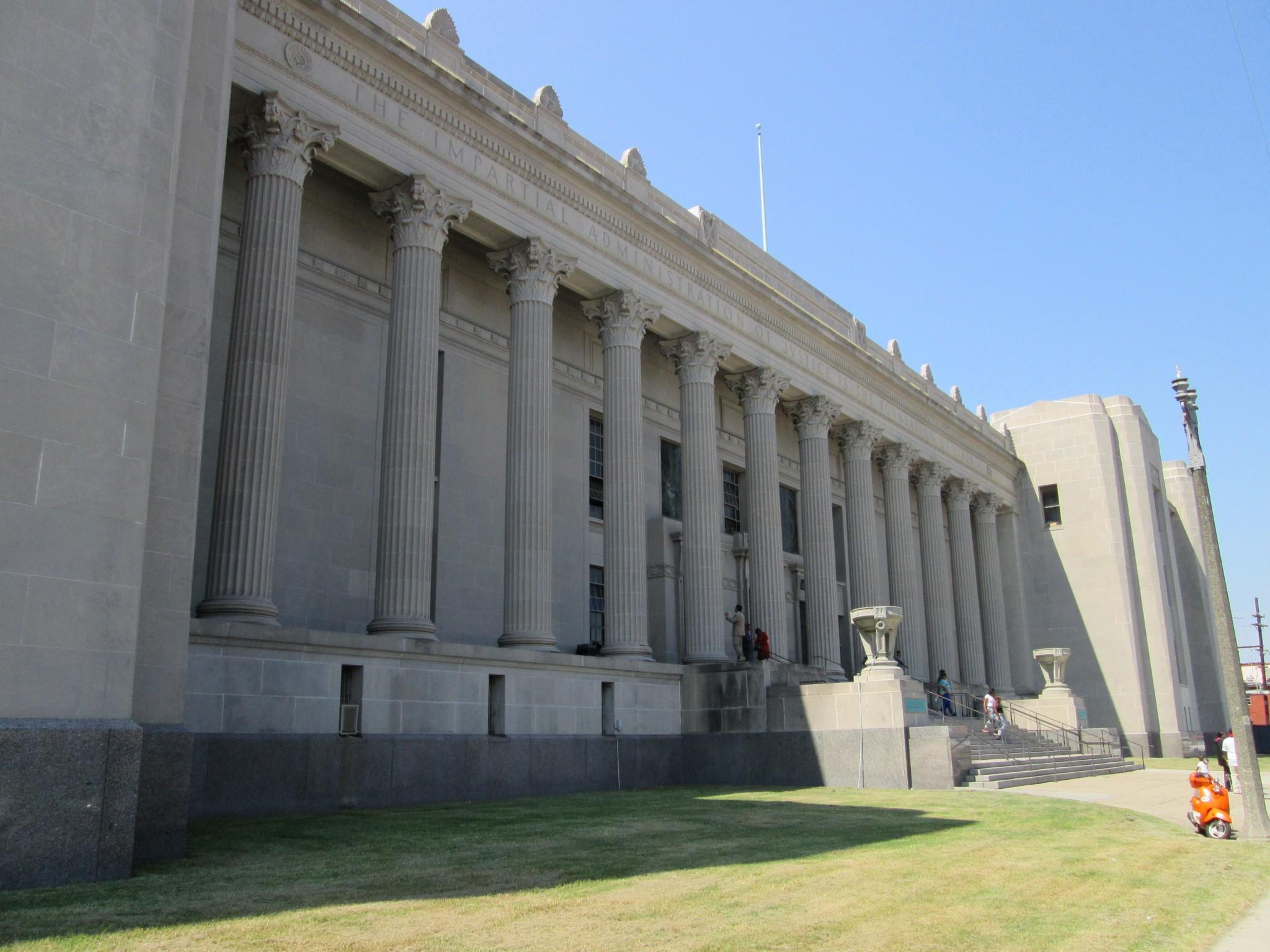New Ruling May Force Louisiana To Stop Using Poor People To Bankroll Its Courts
A groundbreaking new ruling may force a reckoning over the way the most incarcerated state in the world pays for its criminal justice system. On Thursday, Judge Sarah Vance of the Eastern District of Louisiana found that New Orleans’ criminal district judges are operating their courts with a clear conflict of interest: The judges control […]

A groundbreaking new ruling may force a reckoning over the way the most incarcerated state in the world pays for its criminal justice system.
On Thursday, Judge Sarah Vance of the Eastern District of Louisiana found that New Orleans’ criminal district judges are operating their courts with a clear conflict of interest: The judges control the revenue from the fines and fees they levy on poor defendants. The unsurprising consequence of this arrangement is that judges often jail people who can’t afford the fines without considering their ability to pay, creating a de facto debtors prison.
Vance found that this conflict of interest violated defendants’ right to due process. This unconstitutional practice isn’t limited to New Orleans. In fact, it’s dictated by state law.
“This conflict of interest exists by no fault of the Judges themselves,” she wrote. “It is the unfortunate result of the financing structure, established by governing law, that forces the Judges to generate revenue from the criminal defendants they sentence. Of course, the Judges would not be in this predicament if the state and city adequately funded [the criminal court].”
Vance’s ruling was limited to New Orleans. But it poses a clear shot across the bow to the state legislature.
Louisiana has long funded its courts on the backs of its predominantly impoverished, African American defendants. Judges rely on fines and fees to boost their budgets and pay for basic court functions. This is known as a “user pay” system— where the “users” are the people being funneled through the criminal justice system.
New Orleans’ judges were caught spending this user-generated revenue on luxury health insurance plans and other perks for themselves in 2010. After that scandal was exposed, the fund has mainly paid for staff salaries.
The statute explicitly encourages other Louisiana courts to use these funds to pay for court reporters, clerical or maintenance staff, a law library, and any equipment the judges deem “germane” to court operations.
No matter how they choose to spend the money, the judges’ power over fines and fees revenue creates a conflict of interest.
“This funding structure puts the Judges in the difficult position of not having sufficient funds to staff their offices unless they impose and collect sufficient fines and fees from a largely indigent population of criminal defendants,” Vance wrote.
Another lawsuit targeted Ascension Parish’s funding scheme in 2016, pointing out that fines and fees fed directly into the salary of the judge who set them. The state legislature quickly passed a law that transferred control of the fund to the parish government’s financial officer — and required Ascension Parish to allocate enough money to fully fund the court. But they left the state’s overall financing structure intact.
Meanwhile, these fines and fees constitute a massive transfer of wealth from working-class African American communities to the system that arrests and incarcerates them at disproportionate rates. A recent report by the Vera Institute of Justice detailed how court costs target and destabilize defendants and their families. Altogether, poor New Orleanians pay more to government agencies than they receive. New Orleans defendants paid $4.5 million in fines and fees in 2015, a sum that surpasses the total amount of Temporary Assistance for Needy Families (TANF) cash welfare New Orleans residents received in the same time period by a million dollars.
This system is not only unconstitutional; it’s financially unsound. Vera’s reportfound that the revenue generated from fines and fees was dwarfed by the amount the city spent jailing people who couldn’t pay. By transferring the financial burden to those who can least afford it, “the state has one hand in the pockets of poor communities, and with the other hand it’s picking the pocket of city government,” Vera executive director Jon Wool wrote.
The state’s infamous indigent defense crisis also stems from the user pay scheme. Two-thirds of the public defense budget relies on traffic tickets and court costs. Dwindling traffic fines have thrown the system into crisis and triggered lawsuits attempting to force the state to adequately fund public defenders’ offices.
If Vance’s ruling is upheld, it will leave other courts in the state vulnerable to similar challenges until the state changes the law.
The user pay system has allowed Louisiana to hide the full cost of its exceptionally high incarceration rates. Finding the money to fully fund the state’s hyperactive criminal system will be no small task for the state legislature. Louisiana has been slowly clawing its way out of a “historic fiscal crisis” manufactured by years of steep tax cuts and corporate subsidies under former Governor Bobby Jindal.
However, in recent years, the massive budget pressure inspired lawmakers to examine exactly how much the state is spending to arrest and imprison its citizens. Republican legislators repeatedly cited costs to push sentencing reform and release nearly 2,000 people from prison. The final criminal justice reform package passed in June is expected to save the state $262 million.
Once the state government is forced to shoulder the true cost of its courts, it could accelerate the sudden momentum for criminal justice reform. Or it may simply find a new way to sidestep the price of mass incarceration.
